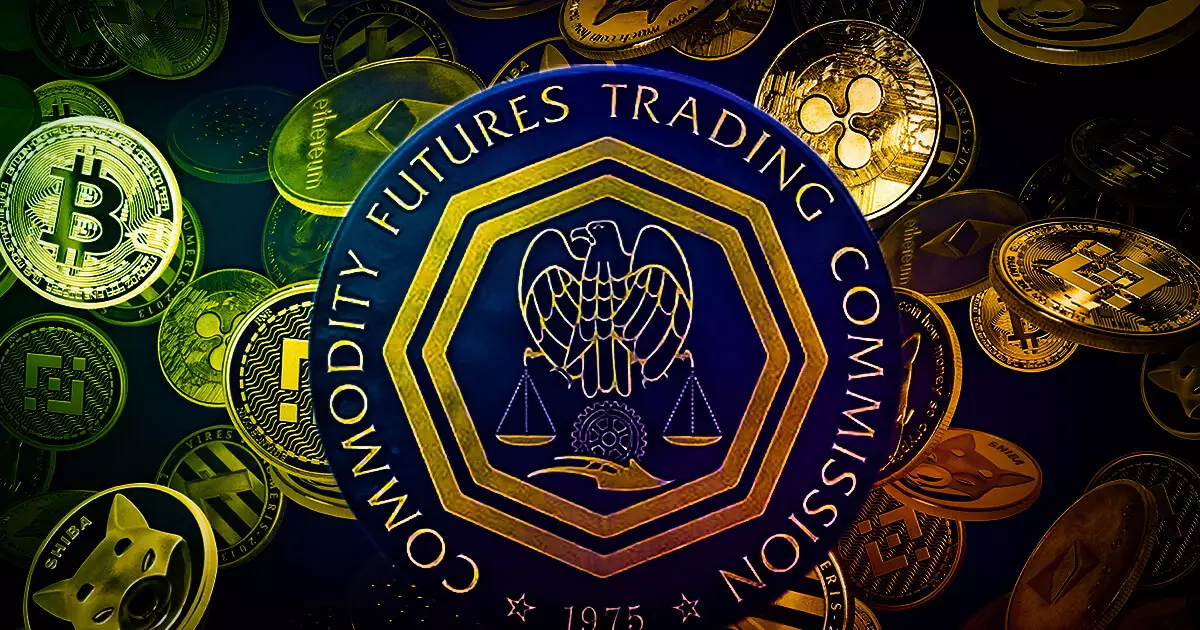Prediction markets have emerged as innovative platforms where individuals can bet on the outcomes of future events, including political elections. These markets function on the principle that the collective knowledge and opinions of participants can yield accurate forecasts. However, their legal status in the United States has been contentious, particularly regarding elections, which have become a focal point for regulatory scrutiny. This was exemplified by a recent ruling from the United States Court of Appeals for the District of Columbia Circuit, which declared that such prediction markets could legally operate when centered around US elections.
On October 2, the court dismissed an appeal from the U.S. Commodity Futures Trading Commission (CFTC), which sought to halt a prior decision favoring prediction market Kalshi. The judges emphasized that the CFTC had not satisfactorily demonstrated potential irreparable harm to the public stemming from Kalshi’s activities. Tarek Mansour, Kalshi’s founder, heralded this ruling, highlighting its significance in legitimizing US presidential election markets. This legal victory permits Kalshi to continue operating contracts tied to elections, a move that could reshape the landscape of political betting in the US.
However, the court did caution that should new evidence arise indicating public harm, the CFTC might renew its efforts to enforce restrictions. This caveat reflects ongoing tensions between regulatory bodies and emergent technologies in the betting and financial markets, indicating that while a significant hurdle has been overcome, the future remains uncertain.
Regulatory Pushback from Lawmakers
The discourse surrounding prediction markets has not been limited to legal battles; it has also ignited political debates. Following the CFTC’s initial prohibition of Kalshi’s election-related contracts, a group of eight lawmakers, including prominent Senators and Representatives, sent a letter advocating for stricter enforcement against prediction markets. They argued that elections should not be commodified, expressing concerns regarding the potential erosion of public trust in democratic processes. The notion that profit motives could cloud the integrity of elections has prompted a rift in opinions about how prediction markets should be regulated.
Conversely, voices such as Congressman Richie Torres have advocated for a more balanced regulatory approach. Instead of outright prohibition, Torres suggested that the CFTC should focus on creating a framework to monitor and evaluate these markets effectively. This disagreement illustrates the complexities of integrating modern financial instruments into established governance structures.
The implications of the court’s ruling extend beyond Kalshi. If the CFTC chooses to modify its regulatory stance following this decision, it may open the door for other crypto-native prediction markets like BET and Polymarket to thrive. This potential shift could encourage innovation in the sector while raising new questions about ethical and regulatory oversight in non-traditional betting frameworks.
The recent court ruling concerning prediction markets is a landmark decision that could facilitate a broader acceptance of political betting in the United States. As stakeholders navigate the intricacies of regulation and market dynamics, the future of prediction markets and their role in the US electoral landscape remains a topic ripe for continued debate and development.














Leave a Reply